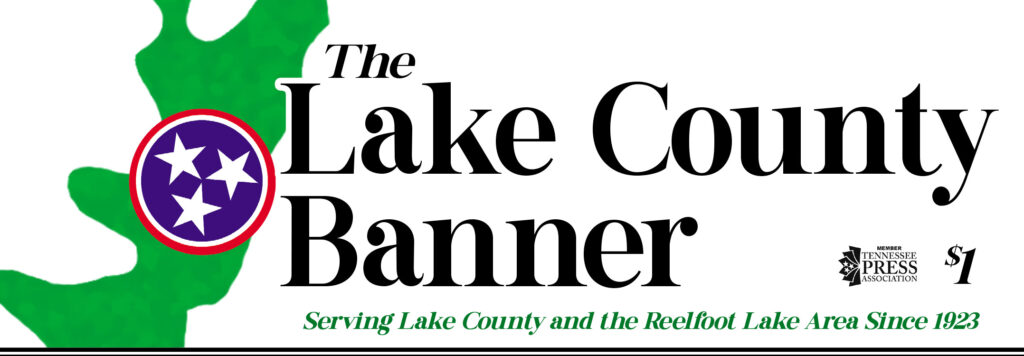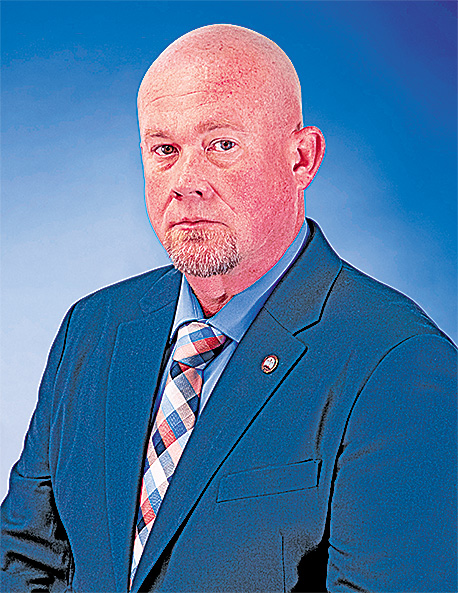Those who have successfully lost and kept off weight after bariatric surgery had to do a lot of work. Many see these types of procedures as quick fixes, but that couldn’t be further from the truth. In reality, a person’s entire diet may need to change. To find out more, keep reading for just a few of the eating restrictions after weight loss surgery.
Junk Food
After bariatric surgery, your stomach will be roughly the size of an egg, so you’ll need to make smart dietary choices to keep it well-nourished. Avoiding foods with hardly any nutritional content is part of the bariatric surgery diet. Among the items on this list are sweets and salty snacks such as french fries, crackers, and popcorn. You may become malnourished or regain your previous weight if you consume these items. There is a phenomenon known as “dumping syndrome” that occurs when sugary or fried meals are pushed through the colon immediately after eating them. When someone is experiencing the symptoms of dumping syndrome, they may feel weak or have cold chills, nausea, and maybe vomit or diarrhea.
Alcohol
Because alcohol contains a lot of calories, it’s not a good choice for someone who has just undergone bariatric surgery. Any liquid, including alcoholic beverages, takes up room in your stomach that might be used to store nutritious foods like fruits, vegetables, and whole grains throughout your post-surgery diet. There is also a significant increase in post-operative alcohol absorption, which may lead to higher-than-normal alcohol intoxication levels. When it comes to hydration, patients are often advised to consume eight cups of water or caffeine- or sugar-free drinks daily. Drinking water half an hour before or after a meal is also crucial. This is an important part of any post-surgery weight reduction diet since it will make you feel content and free up some space in your stomach for nutrients.
Starches
After surgery, starchy foods like bread, rice, and pasta can produce a paste in your throat, making it difficult to swallow them without liquids. They have the potential to obstruct the stoma, the opening leading to your new stomach pouch. This high-starch diet isn’t for everyone, but if you’re just starting out, you should steer clear of it. When you do consume starches, keep your quantities minimal and your bite sizes consistent. For many, this may be the most difficult of all the eating restrictions after weight loss surgery.
This is just the tip of the iceberg—there is plenty more to expect after weight loss surgery. While you may find this information useful, be sure to consult with your doctor to find out what is best for you.







